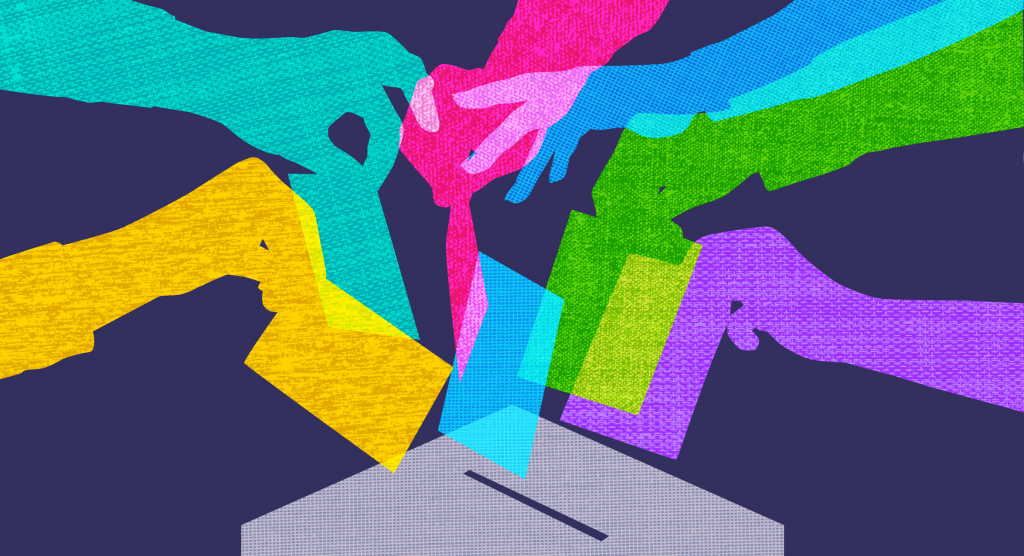Weigh in Now on the NSF 2026 Idea Machine Competition

Last fall, the National Science Foundation (NSF) kicked off a competition called “The NSF 2026 Idea Machine,” an initiative designed to seek input from the scientific community and public on promising new directions in science, technology, engineering, and mathematics. NSF received over 800 idea submissions for the competition, and now it needs your help deciding which of 33 entries should advance to the final stage.
Competition entrants were challenged to propose the most pressing research questions that need to be answered in the coming decade; click here to watch a set of video pitches developed by the finalists. Many proposed topics may be of special interest to psychological scientists, including:
- Integrated human-machine intelligence
- Understanding scaling of embodied cognition
- Theory of conscious experience
- From thinking to inventing
- Harnessing the human diversity of mind
NSF invites you to comment on any of the video pitches. Comments should be up to 500 characters in length and are shared with NSF staff and competition judges, but not others.
One of NSF’s purposes for undertaking this competition is to help develop NSF’s next set of Big Ideas, which will follow from the original 10 Big Ideas that NSF announced in 2016. These cross-directorate initiatives have spurred a variety of funding opportunities of potential interest to psychological scientists. Competition proposals that become Big Ideas would be likely to help set funding priorities for NSF through the next decade.
Comments on the proposed ideas are due June 26, 2019.
Click here to watch the NSF 2026 Idea Machine video pitches and comment on the entries.
Read about earlier stages of the NSF 2026 Idea Machine competition by clicking here and here.





APS regularly opens certain online articles for discussion on our website. Effective February 2021, you must be a logged-in APS member to post comments. By posting a comment, you agree to our Community Guidelines and the display of your profile information, including your name and affiliation. Any opinions, findings, conclusions, or recommendations present in article comments are those of the writers and do not necessarily reflect the views of APS or the article’s author. For more information, please see our Community Guidelines.
Please login with your APS account to comment.